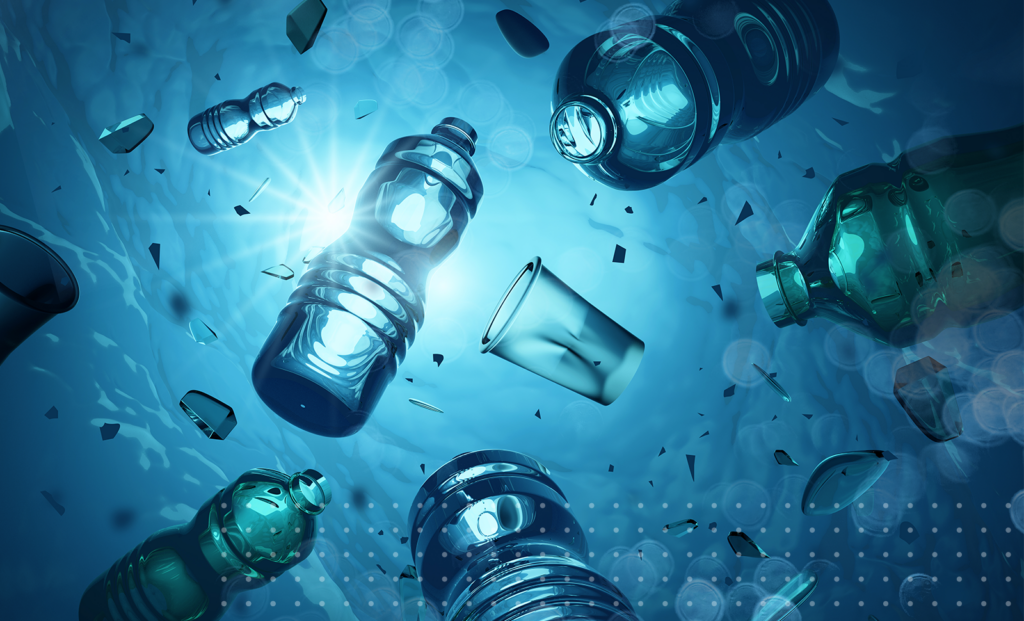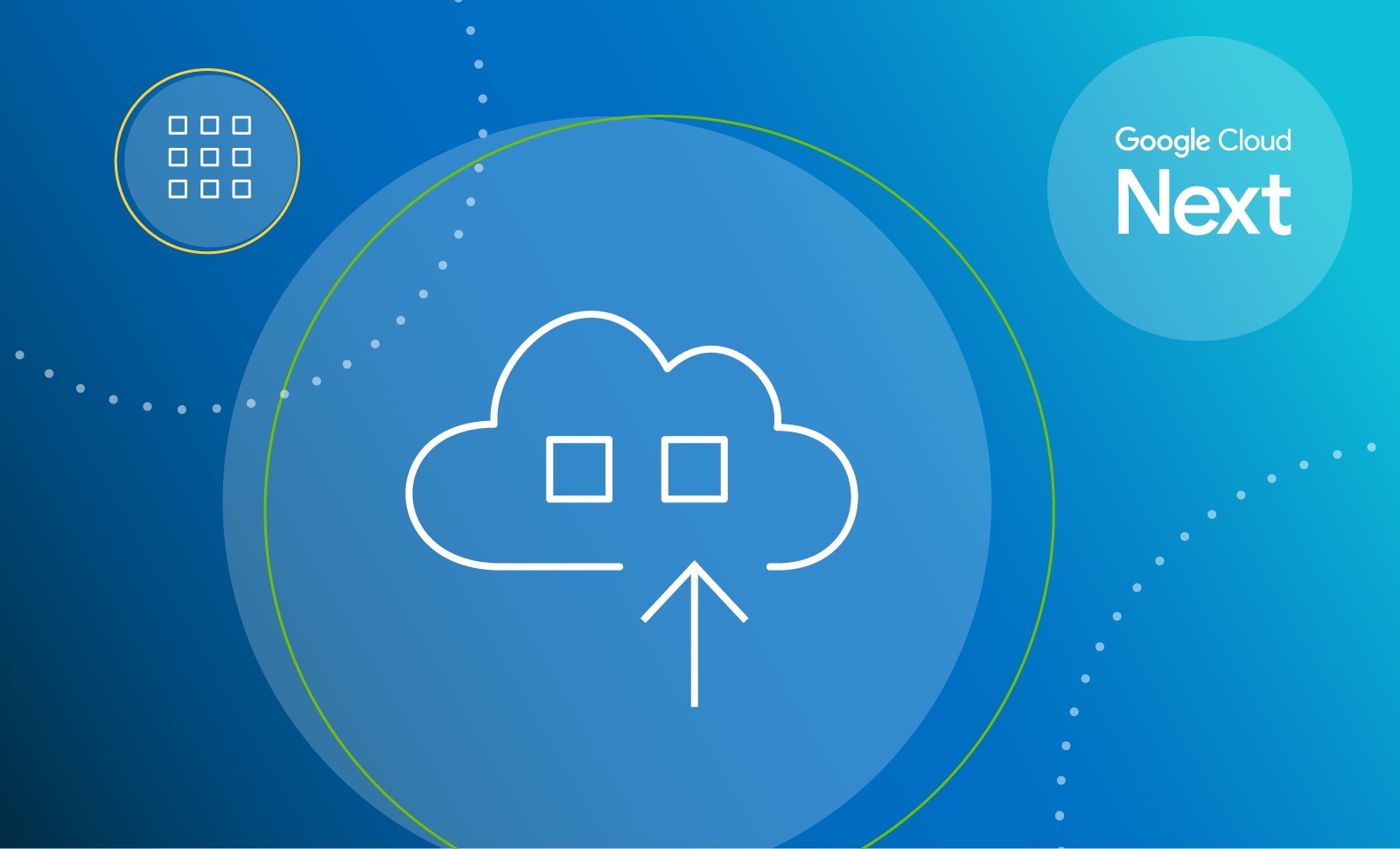Did you know that you will consume an estimated 40 pounds of plastic in your lifetime?
You may not be eating a Lego brick every week, but according to scientists at the University of Newcastle, you are ingesting the equivalent thanks in part to the improper disposal of litter.
Since plastic does not biodegrade (does not decompose by bacteria or other living organisms), it exists in its original form for centuries. It breaks down into smaller and smaller microplastics, which are collecting in our water and food supply and becoming impossible to avoid. In fact, scientists at Hull York Medical School recently detected microplastics in human blood and lungs. In order to prevent this problem from getting worse, a few innovative groups have developed technologies to remove litter from waterways and properly dispose of it before it can wreak havoc on our ecosystem and our bodies. Here are three examples of these innovations:
Mr. Trash Wheel. Baltimore, MD, USA
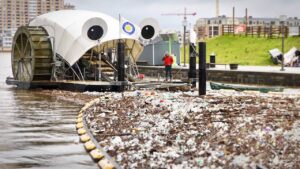
‘Trash wheels’ have been helping to keep Baltimore waterways free of plastic trash since 2014. Once a machine is installed, all trash flowing down the waterway is funneled into its ‘mouth’, where it can easily be removed and disposed of. Trash wheels run on hydro- and solar power, and have collected more than 2,000 tons of waste to date. There are currently four wheels installed in Baltimore (named Mr. Trash Wheel, Professor Trash Wheel, Captain Trash Wheel, and Gwynnda the Good Wheel of the West) and two in production to be used in other cities. The wheels have become local cultural icons with a sassy social media presence, merchandise for sale, and a local beer named after them. You can donate to this initiative here.
The Great Bubble Barrier. Amsterdam, Netherlands
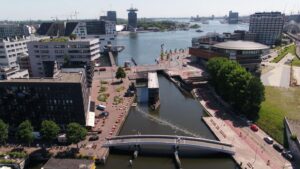
This simple new technology features an air tube that is laid at the bottom of the river and produces bubbles that float to the surface, forcing any plastics to surface with them. The trash is then accessible for easy retrieval and disposal at the banks of the river. This method captures an estimated 70-80% of floating plastic and 50% of submerged plastic without disturbing fish or any marine activity. The Great Bubble Barrier is currently in use in Amsterdam, and is being tested in locations in Wevershoof, Berlin, and Porto. You can donate to this initiative here.
The Seabin Project. Sydney, Australia
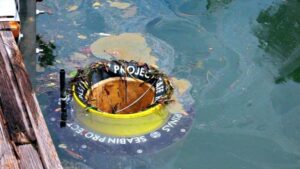
A Seabin is a floating garbage bin that sucks water and debris from the surface, trapping litter and microplastics, before pumping the accompanying water out. Each bin captures an estimated 1.4 tons of debris per year. With 860 scattered across the world, the project has already captured and removed more than 2800 tons of trash from our waterways. Because units require a submersible water pump and an outlet, Seabins are best used in marinas, ports, or other locations where they can be maintained. You can donate to this initiative here.
Interesting! What can I do?
To directly support the initiatives above, you can donate to the groups that are supporting these technologies. If you live in an area that could benefit from one of these technologies, you can also petition your local government to install them.
Even if you are unable to support these technologies directly, you can be a part of the solution! Litter in our waterways comes from people like you and me. In order to prevent the problems associated with microplastics, you can also:
- Use less plastic (using suggestions like these found here), or produce less waste.
- Pick up litter that you see and dispose of it properly, before it can reach waterways.
- Petition your workplace or favorite stores to switch from plastic or styrofoam to biodegradable products.
With commitment from individuals, innovators, and governments, we can tackle the microplastics problem before it causes any more damage to our environment and our bodies.
